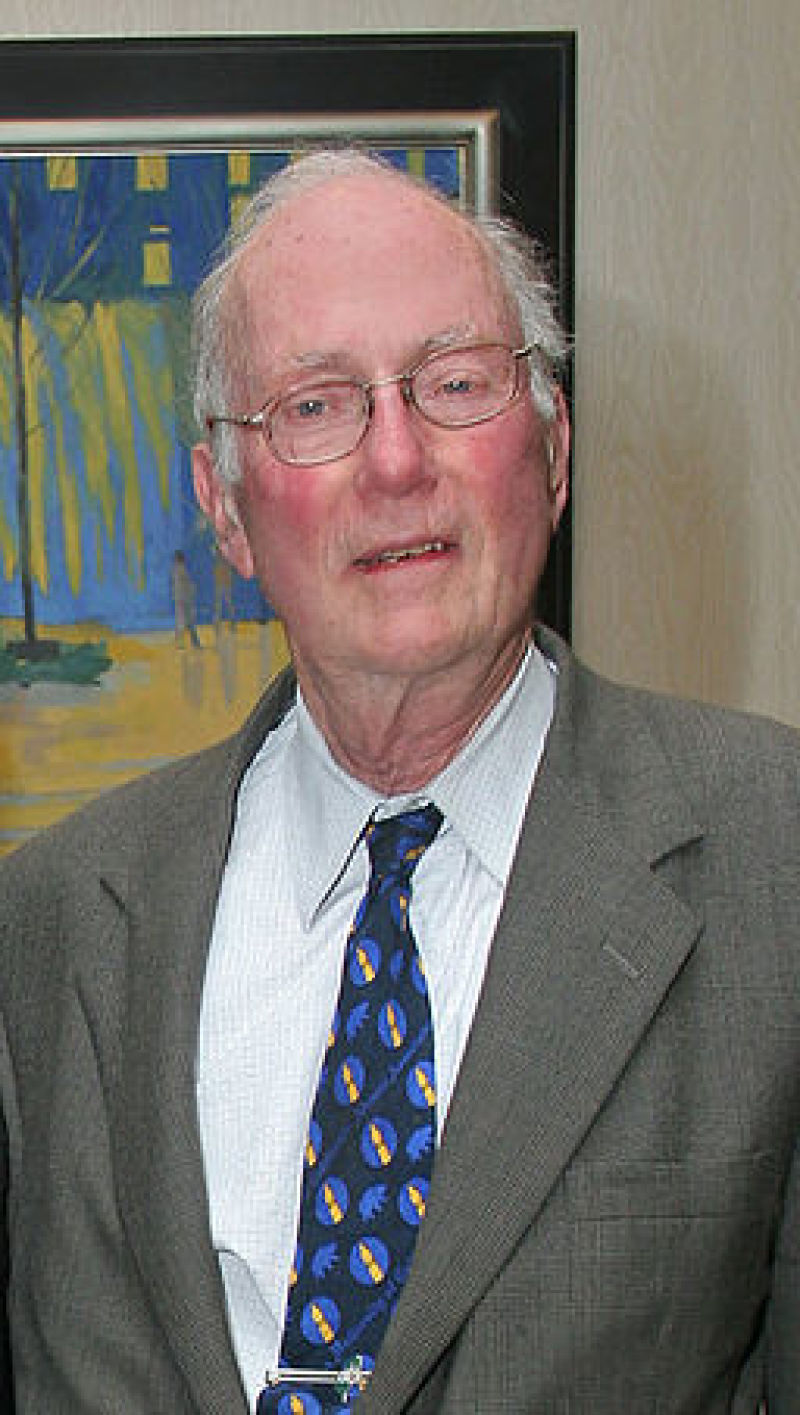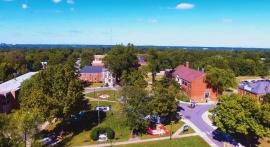
Nobel Prize winner Dr. Charles Townes died on Tuesday in Oakland, California at the age of 99, the Guardian reported.
A notable physicist, Townes is famously known for inventing the laser. His is also credited for helping U.S. government agencies understand the characteristics of the Milky Way galaxy.
His death was confirmed by his colleagues at the University of California at Berkley.
"Charlie Townes had an enormous impact on physics and society in general," the university's physics department chairperson Steven Boggs said in a statement according to the Huffington Post.
"Our department and all of UC Berkeley benefited from his wisdom and vision for nearly half a century," he added. "His overwhelming dedication to science and personal commitment to remaining active in research was inspirational to all of us."
Townes came up with the idea of the laser while working with his brother-in-law and fellow physicist Dr. A.L. Schawlow. By using mirrors positioned at the two ends of a glass tube, they were able to amplify the properties of light. This then led to the creation of laser beams.
His contribution in the field of physics was formally recognized in 1964 and was awarded the Nobel Prize. He shared the award with two other inventors from Russia, Nikolay Basov and Alexander Prokhorov, who also independently developed laser technology.
Then, from 1966 to 1970, he served as the chairman of NASA's Science Advisory Committee. During his time with the agency, he was able to determine the measurements of a black hole in the Milky Way galaxy as well as identify complex molecules in space.
Aside from his scientific achievements, Townes is also best known for his strong belief in God and his views on the connection between science and religion.
"Consider what religion is," he said to NPR during a 2005 interview. "Religion is an attempt to understand the purpose and meaning of our universe"
"What is science? It's an attempt to understand how our universe works," he continued. "Well, if there's a purpose and meaning, that must have something to do with how it works, so those two must be related."


















